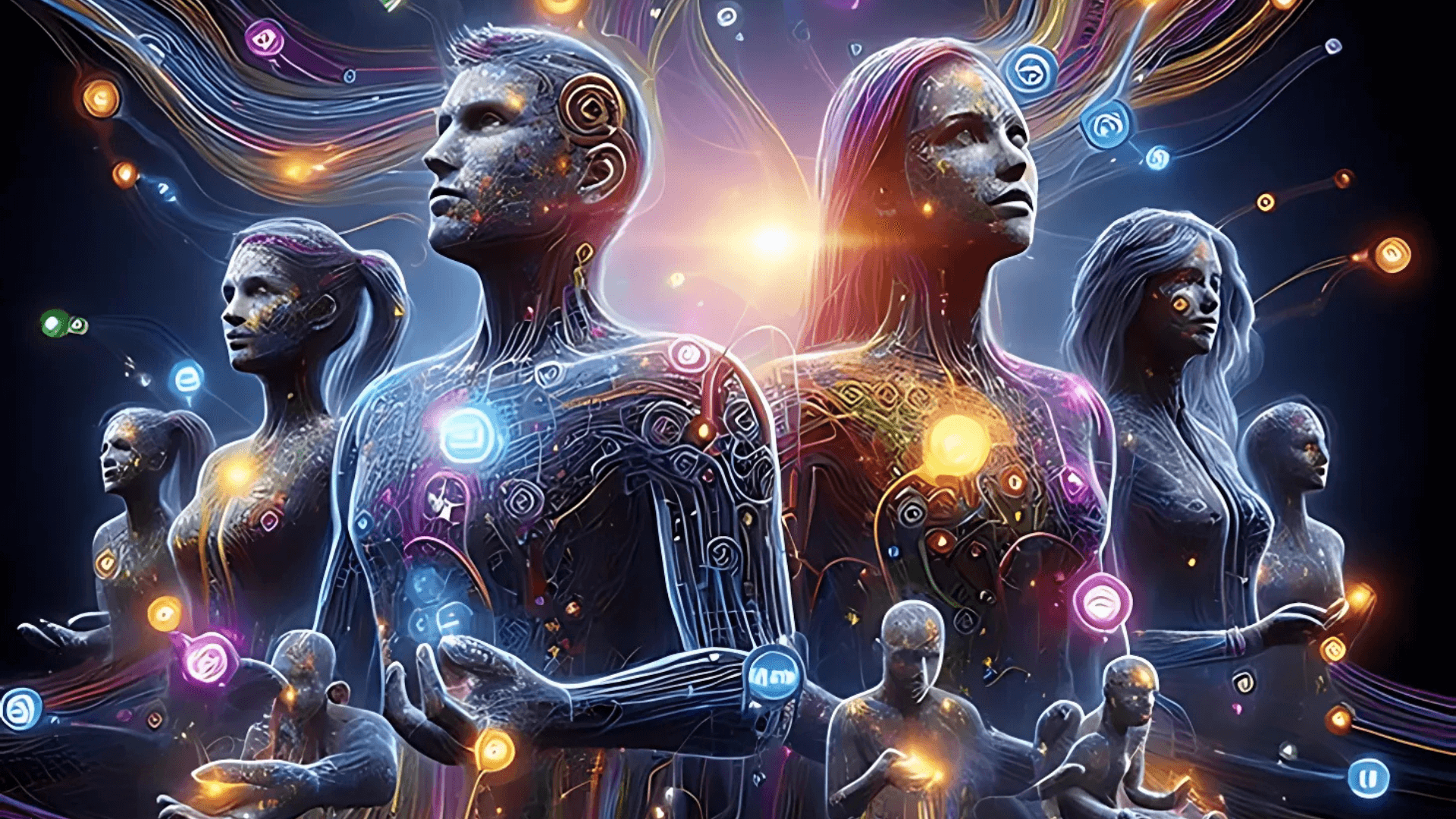XV Consumer Behavior in Tourism Symposium: Exploring the Impact of Travel Livestream Influencers in Breda, NL (May 31 – June 2, 2023)
The XV Consumer Behavior in Tourism Symposium, held in Breda, Netherlands from May 31 to June 2, 2023, brought together leading experts, researchers, and industry practitioners to discuss the latest trends and developments in consumer behavior within the tourism sector. As a key event for tourism scholars, the symposium offered a platform for exploring how consumer preferences and behaviors are influenced by a range of factors, including digital media, social trends, and emerging technologies.
This year’s conference featured a wide variety of topics related to tourism consumer behavior, including how destination marketing is evolving in the digital age and how tourists engage with new forms of online content, such as social media influencers, online reviews, and virtual experiences. The symposium provided an excellent opportunity to present cutting-edge research that is reshaping the way tourism destinations are marketed and experienced.
LABCOM’s Contribution: “Travel Livestream Influencers”
One of the highlights of the symposium was the presentation by LABCOM, a research unit from Università Cattolica del Sacro Cuore. During the conference, LABCOM scholars presented their research titled “Travel Livestream Influencers: A Netnographic Analysis of Livestreamers’ Narrative and Interactional Flows to Construct a Destination Image” by Andrea A. Beccanulli. This study explored the growing influence of livestream influencers on tourism, particularly in how they construct destination images and influence travel behavior through real-time digital content.
The research focused on understanding how livestreamers, who broadcast their travel experiences to large audiences in real time, contribute to the construction of destination images. By using netnography—a qualitative research method that adapts ethnographic techniques to study online communities—LABCOM researchers analyzed the narrative strategies and interactional flows used by travel influencers during their livestream broadcasts.
Key Insights from LABCOM’s Research on Travel Livestream Influencers
- The Power of Real-Time Engagement: The research emphasized the significance of real-time engagement between influencers and their audience during livestream broadcasts. Unlike traditional forms of content, livestreaming allows for immediate interaction, with viewers able to ask questions, comment, and make suggestions. This instant feedback loop fosters a sense of connection and immersion, enabling viewers to experience a destination in a more authentic and immediate way.
- The Role of Narrative in Constructing Destination Images: The study explored how livestreamers construct narratives about destinations, using storytelling techniques that highlight specific aspects of a location, such as local culture, food, and landscapes. These narratives, combined with live interactions, help shape how viewers perceive a destination. The influencers’ personal experiences, combined with the social interaction in the livestream, create a unique and dynamic image of the destination that resonates with viewers on an emotional level.
- Interactional Flows and Viewer Engagement: One of the most interesting findings from the study was the role of interactional flows—how influencers engage with their audiences in real time. Livestreaming provides a platform for influencers to actively respond to questions, comments, and requests, creating a sense of shared experience between the influencer and the audience. This level of interactivity is seen as more engaging and influential than traditional forms of media because it involves audiences in the creation of the content, often making them feel like participants rather than passive consumers.
- Influencers as Destination Marketers: The research also revealed that travel livestream influencers act as de facto marketers for the destinations they visit. Through their broadcasts, these influencers shape perceptions of a destination, often highlighting unique or lesser-known aspects that may not be featured in traditional tourism marketing campaigns. This grassroots form of marketing relies heavily on the trust and authenticity that influencers have built with their audiences, and it can lead to increased interest and even visits to the destinations showcased.
Implications for the Tourism Industry
LABCOM’s study highlights the growing importance of influencers in the tourism sector, particularly those who engage in real-time content creation like livestreaming. As digital media continues to play a dominant role in shaping travel decisions, tourism marketers must recognize the influence of online personalities and consider them as key partners in destination marketing strategies.
Tourism organizations can leverage livestream influencers to enhance their promotional efforts, especially by collaborating with influencers who align with their target audiences and values. By engaging with influencers who authentically showcase a destination in real-time, destinations can present a more dynamic and relatable image that resonates with modern travelers, particularly younger generations who prioritize authenticity and personalized experiences.
Moreover, the research underscores the need for destination marketers to embrace new forms of media and interaction. As livestreaming continues to gain popularity, it presents opportunities for tourism brands to create real-time, immersive experiences that go beyond static images and scripted advertisements. Engaging livestream content can effectively capture the energy and excitement of a destination, providing potential travelers with a more compelling reason to visit.
Conclusion: Shaping Destination Images in the Digital Age
The XV Consumer Behavior in Tourism Symposium served as an important forum for discussing the evolving dynamics of tourism marketing and consumer behavior. LABCOM’s research on travel livestream influencers provided valuable insights into how these influencers are reshaping the way destinations are perceived by global audiences. As digital technologies continue to transform the tourism industry, understanding the power of livestreaming and real-time digital content will be crucial for destination marketers looking to engage with modern travelers and create lasting impressions.
The “Travel Livestream Influencers” study also underscored the growing role of netnography in understanding digital behaviors and interactions. By studying online communities and their narratives, researchers can uncover new insights that can help businesses and organizations adapt to the rapidly changing digital landscape. The tourism industry is increasingly relying on digital influencers to shape destination images, and as this trend continues, the need for innovative research like LABCOM’s will be critical in navigating this new era of tourism marketing.



